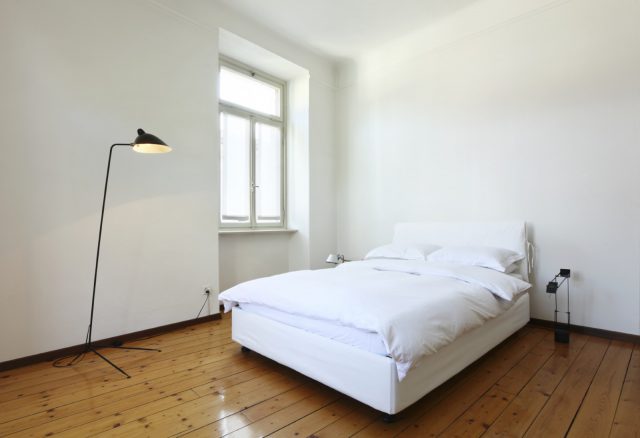Disabled Tenants in Court Case Against Bedroom Tax
It has been nearly two months since the introduction of the highly controversial, Bedroom Tax and other welfare reforms. Since then, research into their effect has uncovered unwelcome statistics for the Government. Many people have been adversely affected by the reforms in the face of additional charges and reduced benefits.
Bedroom Tax
Bedroom Tax was introduced to restrict benefits for those tenants living in council or housing association properties with spare bedrooms. Claimants can lose 14% of their housing benefit if they have one spare room, with 25% being docked for houses with two or more unoccupied rooms.
The Government introduced the tax in an attempt to make the benefit system more justified. They point out that private rented sector tenants cannot live in larger than required properties without having to pay to do so. Therefore, the Bedroom Tax was introduced to create a level playing field for those in social housing.
Opposition
Particularly opposed to the Bedroom Tax are disabled tenants, who argue that the changes are discriminatory. They argue that they need additional space in order to store necessary equipment and to move around more freely. Ten families feel that aggrieved by the changes that they are bringing their case to the High Court.
Martin Westgate QC, appearing in court on behalf of the families, said: “Each of the claimants has a need, because of disability, to occupy accommodation larger than that which would be allowed to them under the size criteria.”[1]
Acting solicitor Rebekah Carrier, spoke about her clients’ worries. Carrier said: “My clients are disabled children and their families who don’t have a spare room. Many families up and down the country are, like my clients, desperately worried about losing their homes.”[1]
Defence
Acknowledging the case, a spokesperson for the Department of Work and Pensions (DWP) stated that the Government is “confident that these measures are lawful and they do not discriminate against disabled claimants or those with shared care of children.”[1] However, the fact that welfare reforms are leading to High Court cases is obviously not good news for Westminster, nor for landlords.
[1] http://www.justlandlords.co.uk/news/Disabled-tenants-launch-court-case-against-Bedroom-Tax-1717.html

